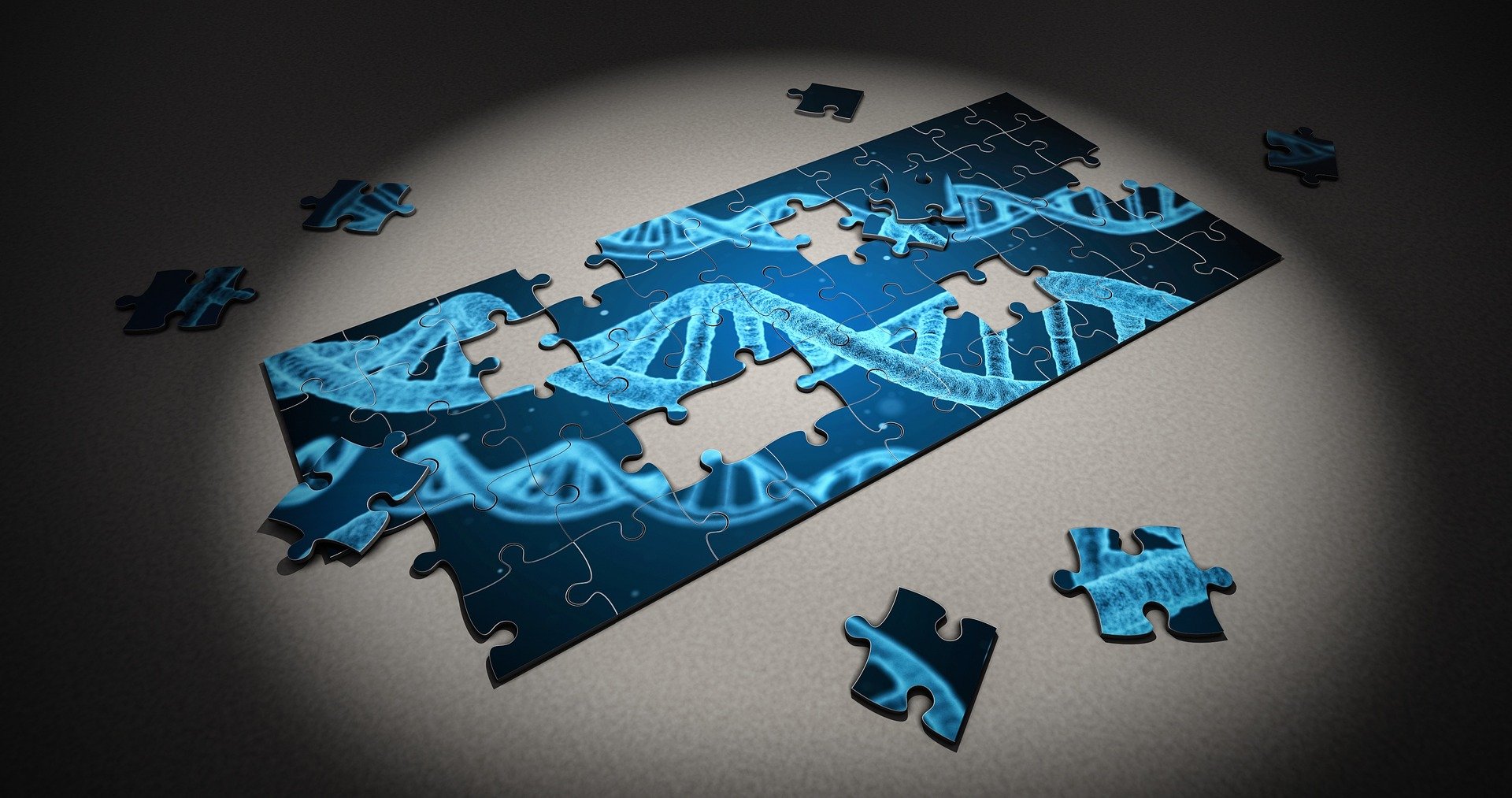Genetic disorders, which are diseases caused by mutations in the DNA, occur in people all over the world. But people of Ashkenazi Jewish descent (from eastern Europe) are more likely to inherit and develop certain genetic disorders. According to the American College of Medical Genetics and Genomics, between one in four and one in five individuals of Ashkenazi Jewish descent are carriers for a genetic disorder. A genetic carrier is an individual that has inherited one mutated gene associated with a genetic disorder but does not show signs or symptoms of the condition.
How are Ashkenazi Jewish Genetic Disorders Inherited?
Inherited genetic disorders develop when a child inherits a mutated gene from one or both parents. Inherited genetic disorders prevalent among the Ashkenazi Jewish community are inherited in an autosomal recessive pattern. This means that, in order for the child to develop the disorder, he/she must inherit two copies, one from each parent, of the mutated gene.
If both parents are carriers of the mutated gene, then there is a 25 percent chance that both of them will pass this gene onto their child, and he/she will develop the condition. If only one parent is a carrier, then there is a zero percent chance that the child will develop the condition. However, he/she may inherit the genetic mutation and therefore become a carrier.
If you’re of Ashkenazi Jewish descent and think that you may be a carrier for a genetic condition, genetic carrier screening is a noninvasive, comprehensive panel used to find out your carrier status. Carrier screening can test for more than 40 inherited diseases common to Ashkenazi Jews.
What are the Most Common Disorders Inherited Among Ashkenazi Jews?
Gaucher Disease
Gaucher disease is the most common Ashkenazi Jewish genetic disease — one out of every 10 Ashkenazi Jews is a carrier of Gaucher disease. This condition is characterized by a buildup of certain fatty substances throughout the body — in the liver, nervous system, and the bone marrow. This buildup interferes with the normal functions of the organs and can cause serious health complications. There is no cure for Gaucher disease, but certain treatments are used to help relieve symptoms.
Cystic Fibrosis
Cystic fibrosis is a progressive disease that results in a buildup of thick mucus in the body. Cystic fibrosis is most commonly associated with the lungs, but mucus can also buildup in other organs, like the pancreas. If the pancreas is affected, this can alter the body’s ability to absorb nutrients from food and lead to malnutrition. There is no cure for cystic fibrosis, but certain medications and treatments can help ease symptoms.
Tay-Sachs Disease
Tay-Sachs disease is a progressive disorder that destroys nerves cells in the brain and spinal cord due to a buildup of fatty acids. As the disease progresses, the child loses muscle control and experiences vision and hearing loss. Currently, there is no treatment for Tay-Sachs disease.
Familial Dysautonomia
Familial dysautonomia is a condition in which both nervous systems (autonomic and sensory-somatic) do not function properly. Because of this, affected individuals cannot control their body temperature and have trouble with voluntary movements, like swallowing. The average lifespan of someone diagnosed with familial dysautonomia is roughly 15 years old.
Spinal Muscular Atrophy
Spinal muscular atrophy affects the somatic nervous system (responsible for voluntary muscle movement). Loss of nerve cells in the spinal cord results in muscle atrophy (loss of muscle) and inability to use the muscles. Spinal muscular atrophy can occur at any age — with children, teenagers, or adults. There is currently no cure for this condition.
Increasing Genetic Carrier Testing Among the Ashkenazi Jewish Population
The best time to conduct genetic carrier screening is before conception, but screening can be performed at any time throughout pregnancy. Talk to your doctor or with a genetic counselor to find out if genetic carrier screening is right for you.
If you liked the article, Check out The Microbiome with Megan Meyer, PhD [PODCAST]




